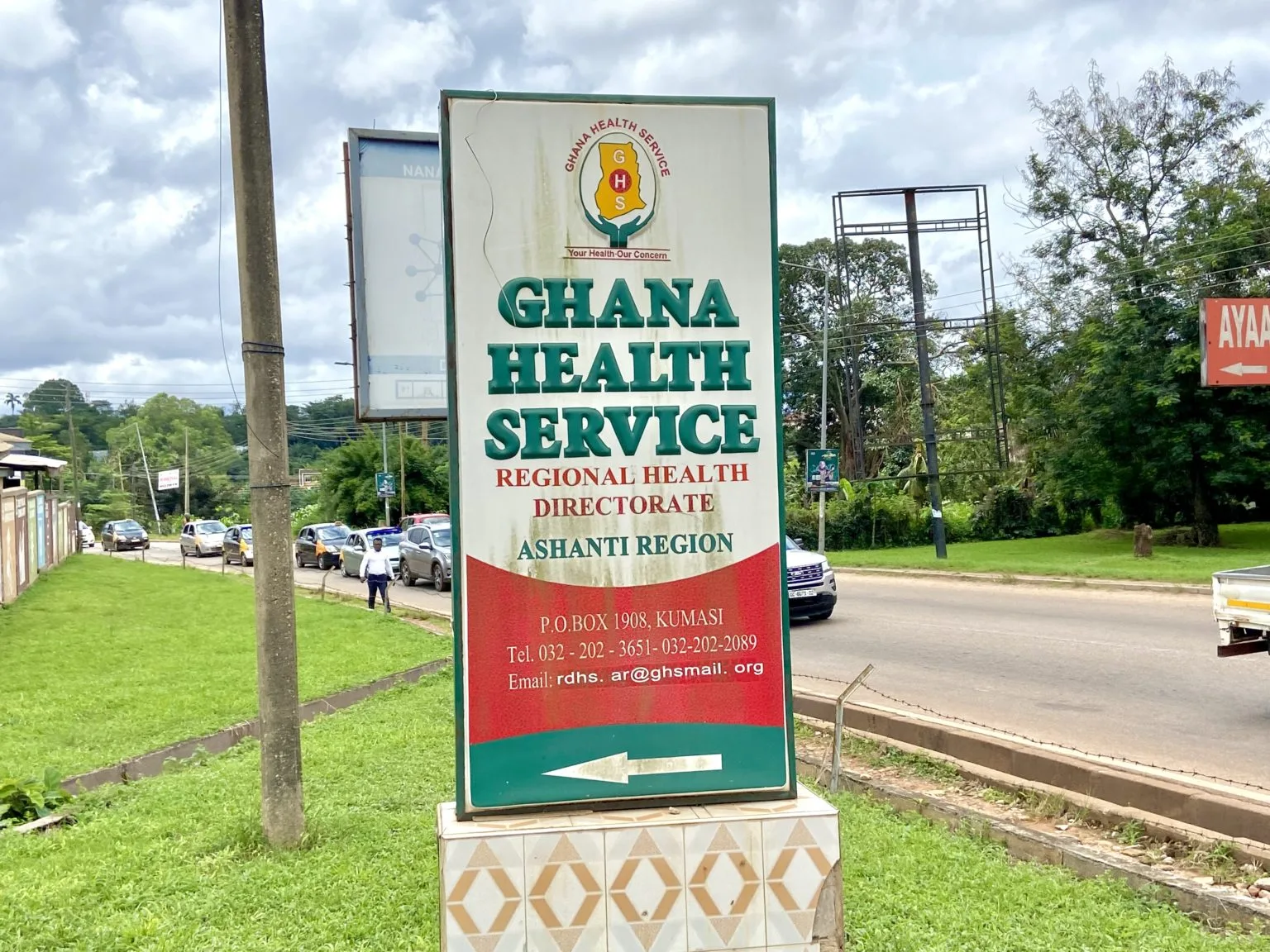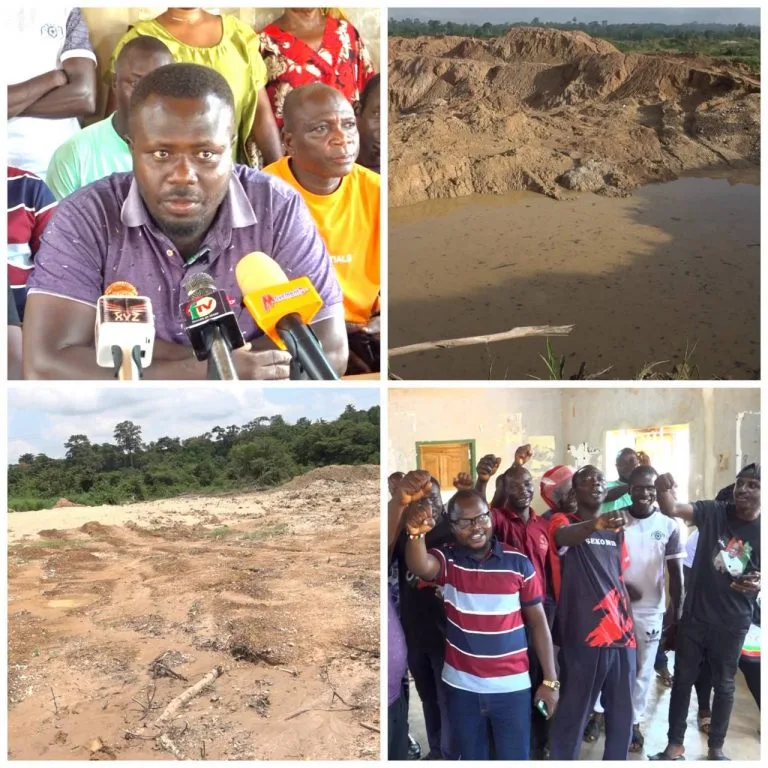The Ashanti Regional Health Directorate of the Ghana Health Service, in collaboration with partners like UNICEF and WHO, has initiated a public awareness campaign to prevent the spread of cholera following recent cases reported in the Ada West and East districts of the Greater Accra Region.
Although the Ashanti Region has yet to record any cases, health officials are proactively educating the public to avoid a potential outbreak.
Cholera, an acute diarrhoeal infection caused by ingesting food or water contaminated with the Vibrio cholerae bacterium, remains a significant global health threat, especially in areas lacking adequate sanitation and clean water.
The disease can cause severe, acute watery diarrhoea, and in extreme cases, can be fatal within hours if left untreated. According to the World Health Organization (WHO), between 1.3 million and 4 million cholera cases are estimated globally each year, leading to 21,000 to 143,000 deaths.
Dr. Fred Adomako Boateng, the Ashanti Regional Health Director, emphasized the importance of raising awareness about cholera prevention.
“Although the Ashanti Region hasn’t recorded any case of cholera, it’s very important to create an awareness for the people to be aware and keep themselves informed,” he said.
He highlighted the need for vigilance and preventive measures to protect public health.
The campaign will employ a multifaceted approach combining surveillance, water, sanitation and hygiene (WASH) initiatives, social mobilization, treatment, and the use of oral cholera vaccines.
Dr. Boateng explained that prompt treatment, such as the administration of oral rehydration solution (ORS), can save lives. “Cholera is an easily treatable disease. The majority of people can be treated successfully through prompt administration of ORS,” he noted, adding that an adult patient might require up to 6 litres of ORS to treat moderate dehydration on the first day.
He also stressed the importance of long-term solutions to cholera prevention, including economic development and universal access to clean water and basic sanitation.
“The long-term solution for cholera control lies in economic development and universal access to safe drinking water and basic sanitation,” he stated.
Dr. Boateng explained that sustainable WASH initiatives, such as improved water and sanitation infrastructure, would help create safer environmental conditions to prevent future outbreaks.
He then advised the general public especially those in the Ashanti Region to take practical steps to protect themselves from cholera.
He urged the public to consume hygienic foods, drink and use safe water, wash hands frequently with soap, and practice safe sanitation measures.
By following these guidelines, the Ashanti Region can reduce its risk of a cholera outbreak and contribute to a healthier community.
Report By: Nana Yaw Owusu/Ashanti Region.



